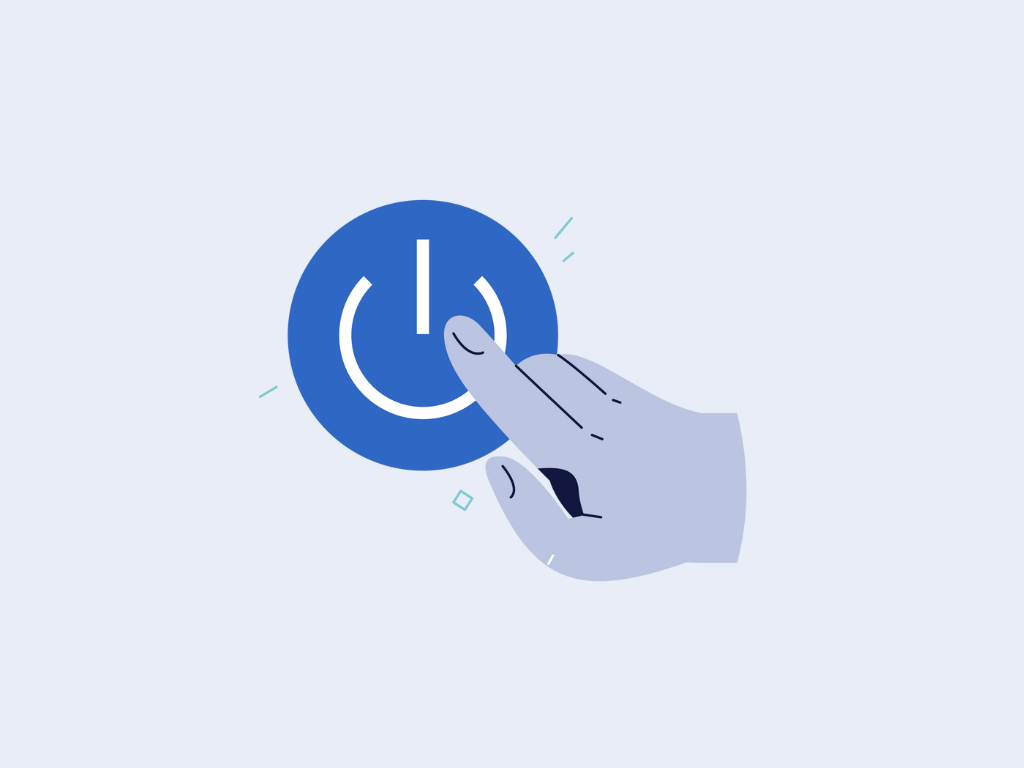When buying a used car, most buyers focus on the obvious factors—price, mileage, condition, and service history. However, one often-overlooked aspect is whether the vehicle has an outstanding recall that could affect its safety, performance, or reliability.
Vehicle recalls happen when a manufacturer identifies a defect that poses a safety risk or fails to meet regulatory standards. While many owners respond to recall notices and get their cars repaired for free, some vehicles slip through the cracks. This means that used car buyers could unknowingly purchase a vehicle with a dangerous defect. Fortunately, a VIN lookup provides a quick and easy way to check for recalls before finalizing a purchase.

Understanding Vehicle Recalls
A recall occurs when a car manufacturer or the National Highway Traffic Safety Administration (NHTSA) discovers a flaw in a vehicle that could jeopardize safety. The issue may be related to airbags, brakes, fuel systems, electrical components, or even structural integrity. If a problem is deemed serious enough, the manufacturer is required to notify vehicle owners and provide free repairs, replacements, or refunds.
Recalls are not limited to older vehicles. Even brand-new cars sometimes get recalled due to manufacturing defects that only become apparent after they hit the road. That’s why it’s crucial for both new and used car buyers to stay informed.
Why Checking for Recalls Matters
A recall might seem like a minor inconvenience, but ignoring one can lead to serious consequences. Here are some of the main reasons why checking for recalls before buying a car is essential:
- Safety Risks – Some recalls involve life-threatening issues. Faulty airbags, defective brakes, and engine problems can lead to accidents if not addressed.
- Legal and Insurance Issues – In some cases, insurance companies may refuse to cover damages caused by a defect that should have been repaired under a recall. Additionally, certain recalls can make a vehicle illegal to drive until repairs are made.
- Resale Value – A car with unresolved recalls may have a lower resale value. Future buyers may hesitate to purchase a vehicle with a known defect, even if the repair is free.
- Peace of Mind – No one wants to drive a car with hidden safety risks. Running a VIN lookup ensures that the vehicle is safe to operate.
How to Check for Recalls Using a VIN Lookup
Every vehicle has a unique identification number, or VIN, which serves as a fingerprint for tracking its history. A VIN check allows buyers to check for any outstanding recalls. Here’s how to do it:
- Find the VIN – The VIN is usually located on the dashboard near the windshield, on the driver’s side door frame, or in the vehicle’s paperwork (registration, title, or insurance documents).
- Use a VIN Lookup Tool – Various online tools, like VIN decoders, allow you to enter the VIN and check for recalls. Manufacturer websites, the NHTSA database, and third-party services provide instant results.
- Review the Recall Details – If a recall appears in the report, it will include information about the defect, potential risks, and recommended repairs.
- Verify if Repairs Have Been Completed – Some reports indicate whether a previous owner addressed the recall. If the repair is still outstanding, the new owner must schedule service with an authorized dealer.
What to Do If a Car Has an Outstanding Recall
If a VIN lookup reveals an open recall, don’t panic. Here’s what to do next:
Contact the Manufacturer or Dealership – Vehicle manufacturers are required to fix recalled defects at no cost to the owner. Schedule an appointment at an authorized dealership.
Check If the Recall Affects the Car’s Driveability – Some recalls require immediate attention, while others may not pose an immediate threat. Always prioritize safety-related recalls.
Ask for Documentation After Repairs – Once the recall service is complete, obtain written proof from the dealership. This will be helpful if you plan to sell the car in the future.
Buying a Used Car? Don’t Skip the Recall Check
If you’re shopping for a used car, a recall check should be part of your due diligence. Even if a vehicle appears to be in perfect condition, unresolved recalls could create hidden risks.
Private sellers and dealerships may not always disclose recall information voluntarily. Some may be unaware of outstanding recalls, while others might avoid mentioning them to secure a sale. Running a VIN lookup ensures that you’re making an informed decision.
Recalls and the Impact on Car Value
While most recall-related repairs are free, unresolved recalls can negatively impact a car’s resale value. Buyers may be hesitant to purchase a vehicle with an open recall, especially if the defect is related to safety.
On the other hand, if a vehicle had a past recall that was properly repaired, it generally doesn’t affect the car’s value significantly. What matters most is whether the issue was addressed in a timely manner.
Commonly Recalled Vehicle Components
Some car components are more prone to recalls than others. The most frequent recalls involve:
Airbags – Defective airbags can fail to deploy or deploy with excessive force, causing injuries.
Brakes – Brake system failures increase the risk of accidents.
Fuel Systems – Fuel leaks or faulty fuel pumps can lead to fires or engine failures.
Electrical Issues – Malfunctions in wiring or software can cause unexpected power loss or fire hazards.
Steering and Suspension – Defective steering or suspension components can make a vehicle difficult to control.
Final Thoughts
A vehicle recall doesn’t automatically mean a car is unsafe, but ignoring an open recall could put you at risk. Running a window sticker VIN lookup before purchasing a used car ensures that you’re not inheriting someone else’s problem.
By checking for recalls and addressing any outstanding repairs, you can drive with confidence, knowing your vehicle meets safety standards. Whether you’re buying, selling, or just maintaining your current car, staying informed about recalls is a crucial part of responsible car ownership.

